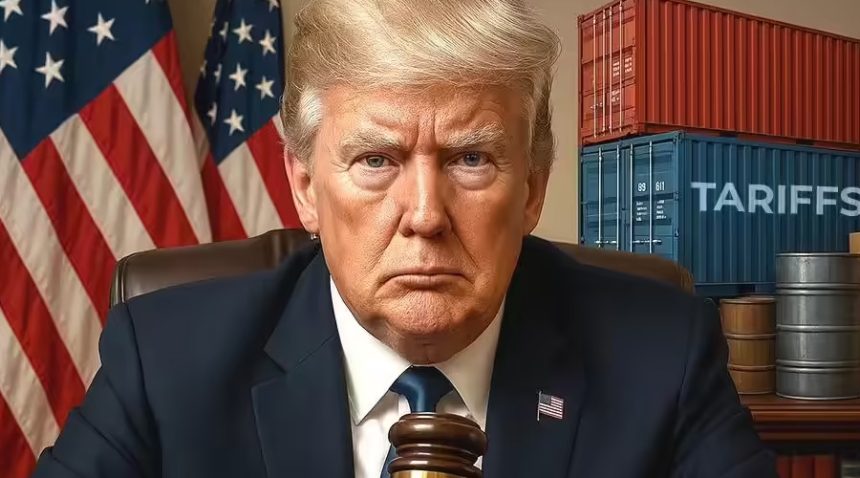Trump sets August 1 for new tariffs on 14 nations, including Japan and South Korea, while signalling openness to last-minute talks before enforcement
President Donald Trump has once again renewed his commitment to levying new tariffs on 14 countries, with a new deadline of August 1. This has been done after formal letters have been issued to the countries affected, such as Japan, Indonesia, South Korea, Tunisia, and Kazakhstan. The U.S. government explained these steps as efforts to eliminate trade imbalances.
First, the administration previously announced a 90-day delay during which tariffs were not to be levied, so they were expected to be imposed starting July 9. However, a White House advisor, Leavitt, confirmed that Trump will sign an executive order to postpone the effective date to August 1. The order will also specify new reciprocal tariff rates between each country until an agreement is reached on other rates.
Although the August 1 deadline remains a reality, Trump noted that the administration is willing to discuss it. He announced that it is ready to revise plans provided foreign governments are prepared to negotiate constructively.
Retaliatory Language and Tariff Percentages Outlined in Letters
Letters addressed to foreign heads clearly stated that retaliation against other countries would result in additional tariffs by the U.S. Trump threatened to respond with an equal increase in tariffs by the United States should these countries raise theirs. The language implies an escalation system that would escalate obligations in stages according to how well foreign policy weapons respond.
Laos and Myanmar top the list of the recently declared tariffs at 40%. The rate in other countries such as Japan and South Korea stands at 25%. These figures were communicated to the respective governments, and they will be imposed unless alternative trade terms are negotiated before the August deadline.
Ongoing Trade Policy Developments Expected
The new administration strategy implies that further tariff announcements may still be made if other nations fail to adhere to U.S. trade demands. The White House has stated that, depending on the international reaction, additional communications will be sent out in the coming weeks.
The move represents a significant shift in U.S. trade policy, but the Presidential announcement makes it clear that flexibility remains an option. The windows of negotiations are still open to countries that are ready to negotiate with the U.S officials before the tariffs are officially announced in August. Things have continued to change since stakeholders have evaluated the effects on the economy and the diplomatic alternatives.





